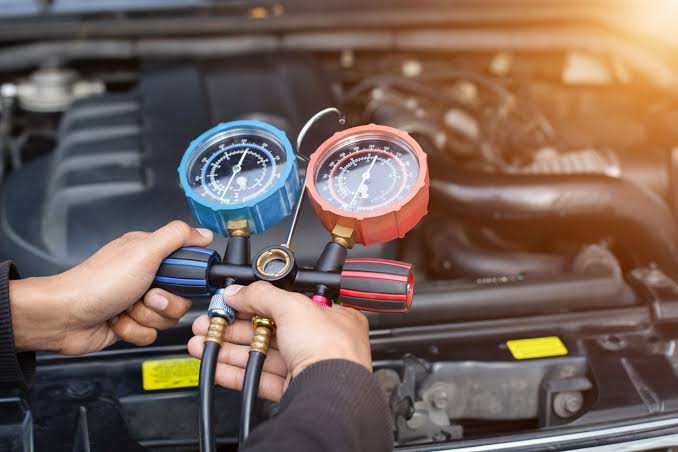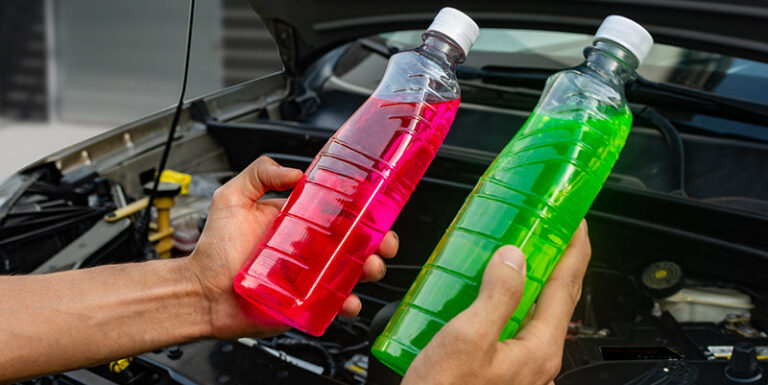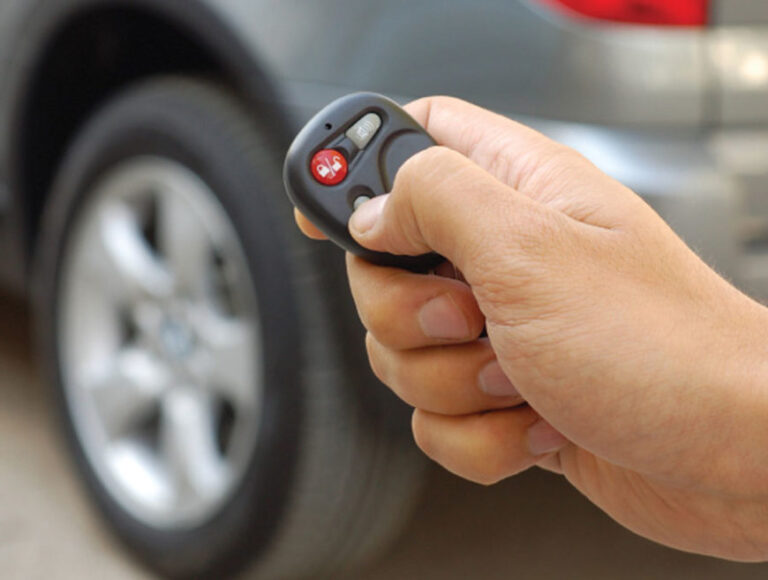Does Heat Use Gas in a Car?

If you’ve ever cranked up your car’s heater on a cold day, you might have wondered whether the heat uses gas and how it impacts your vehicle’s fuel consumption. Understanding how your car’s heating system works and its effect on fuel efficiency can help you better manage your vehicle’s performance, especially in colder weather.
In this article, we will explore the mechanics of how car heaters work, whether they consume gas, and what effect using the heater has on your car’s gas mileage.
How Does a Car Heater Work?
To understand whether heat uses gas in a car, it’s important to first understand how the heating system operates. Car heaters are connected to the vehicle’s engine and cooling system, and they function differently from a cabin air conditioner.
- Heat Generation from the Engine: The primary source of heat in your car comes from the engine. When your car is running, the engine generates heat as a byproduct of combustion. The coolant in your vehicle’s radiator absorbs this heat and is pumped through the heater core inside the cabin of the car.
- Blowing Warm Air: The heater core is essentially a small radiator inside the cabin, and a fan blows air over it. As the warm coolant passes through the heater core, the air around it gets heated up and is then blown into the cabin to keep you warm.
Since the heat comes from the engine’s operation and not a separate heating element powered by the car’s battery or gas, the car heater does not directly use any additional fuel. However, there is an indirect impact on fuel efficiency.
Does Using the Heater Affect Gas Mileage?
While the car’s heater doesn’t directly burn gas like the engine does, it can have a slight impact on your vehicle’s fuel economy. Here’s how:
1. Increased Engine Load
When you turn on the heater, the engine is working harder to maintain the proper temperature for the cabin and the vehicle. The cooling system, including the water pump, has to pump coolant through the engine and heater core, which requires more energy. This increased load on the engine can cause it to consume slightly more fuel.
2. Effect on Fuel Efficiency
In general, the use of the heater does have a minor impact on fuel consumption. Some studies suggest that using the heater can reduce your gas mileage by around 1 to 2 miles per gallon (MPG). However, the effect is typically negligible compared to other factors that influence fuel efficiency, such as driving habits, road conditions, and the overall condition of the vehicle.
3. Alternatives – Using the Air Conditioner
Interestingly, using the air conditioner can have a much greater impact on fuel efficiency than using the heater. The AC requires a compressor that draws power from the engine, which leads to a larger fuel consumption increase. In cold weather, running the heater generally won’t increase fuel consumption as much as running the air conditioner would in warmer weather.
Does Using the Heater Use More Gas in Winter?
In colder months, you might notice a slightly higher fuel consumption when using the heater. This is due to the following factors:
- Idling Time: During the winter, people often let their cars idle for longer periods to warm up the engine before driving, which can increase fuel consumption. Idling for extended periods wastes fuel, whether the heater is on or not.
- Cold Engine: A cold engine uses more fuel until it reaches optimal operating temperature. When you use the heater, you might prolong this warm-up phase, further reducing fuel efficiency.
- Warming Up the Cabin: On very cold days, the heater has to work harder to bring the cabin to a comfortable temperature, which can put additional load on the engine.
Tips for Minimizing Fuel Use When Using the Heater
To minimize the effect of using the heater on your car’s gas mileage, consider the following tips:
- Turn Off the Heater When Not Needed: If the cabin reaches a comfortable temperature, turn off the heater to save fuel.
- Use a Seat Heater Instead: If your car has heated seats, use them instead of the heater. Seat heaters consume much less energy, as they only heat the seats rather than the entire cabin.
- Preheat the Car Efficiently: Instead of idling your car to warm it up, try using a remote start system to start the car while it’s still parked in your garage, allowing the heater to warm the cabin without using additional fuel through excessive idling.
- Keep the Vehicle Maintained: Ensuring that your engine is well-maintained (i.e., regular oil changes, proper tire inflation) can help improve overall fuel efficiency, even when using the heater.
FAQs
1. Does turning on the heater waste gas?
While the heater doesn’t directly consume gas like the engine, it can slightly increase fuel consumption due to the added load on the engine and the need for additional energy to pump coolant through the system.
2. How much does using the heater affect my fuel efficiency?
The effect is generally minor. On average, using the heater can reduce fuel efficiency by about 1-2 MPG, but this varies depending on the engine and driving conditions.
3. Is it worse to use the heater in cold weather?
It can cause a slight reduction in gas mileage, especially if you let the engine idle for long periods or drive with the heater on full blast for an extended time.
4. Does using the heater use more gas than using the AC?
The air conditioning system has a more significant impact on fuel efficiency than the heater, as the AC compressor puts a much greater load on the engine.
5. Can I avoid the heater’s impact on gas mileage?
You can reduce the impact by using the seat heater instead of the cabin heater, limiting engine idling time, and ensuring your car is properly maintained to run as efficiently as possible.
Conclusion
In conclusion, using the heater in your car does not directly burn gas. However, it does increase the load on the engine, which can slightly reduce fuel efficiency. The impact is minimal but can add up over time, especially in cold weather when engine warm-up times are longer. By practicing a few smart driving habits and maintaining your car properly, you can enjoy a comfortable ride without significantly affecting your gas mileage.
Also Check:
• Does Running the Heater Use Gas?






2 Comments